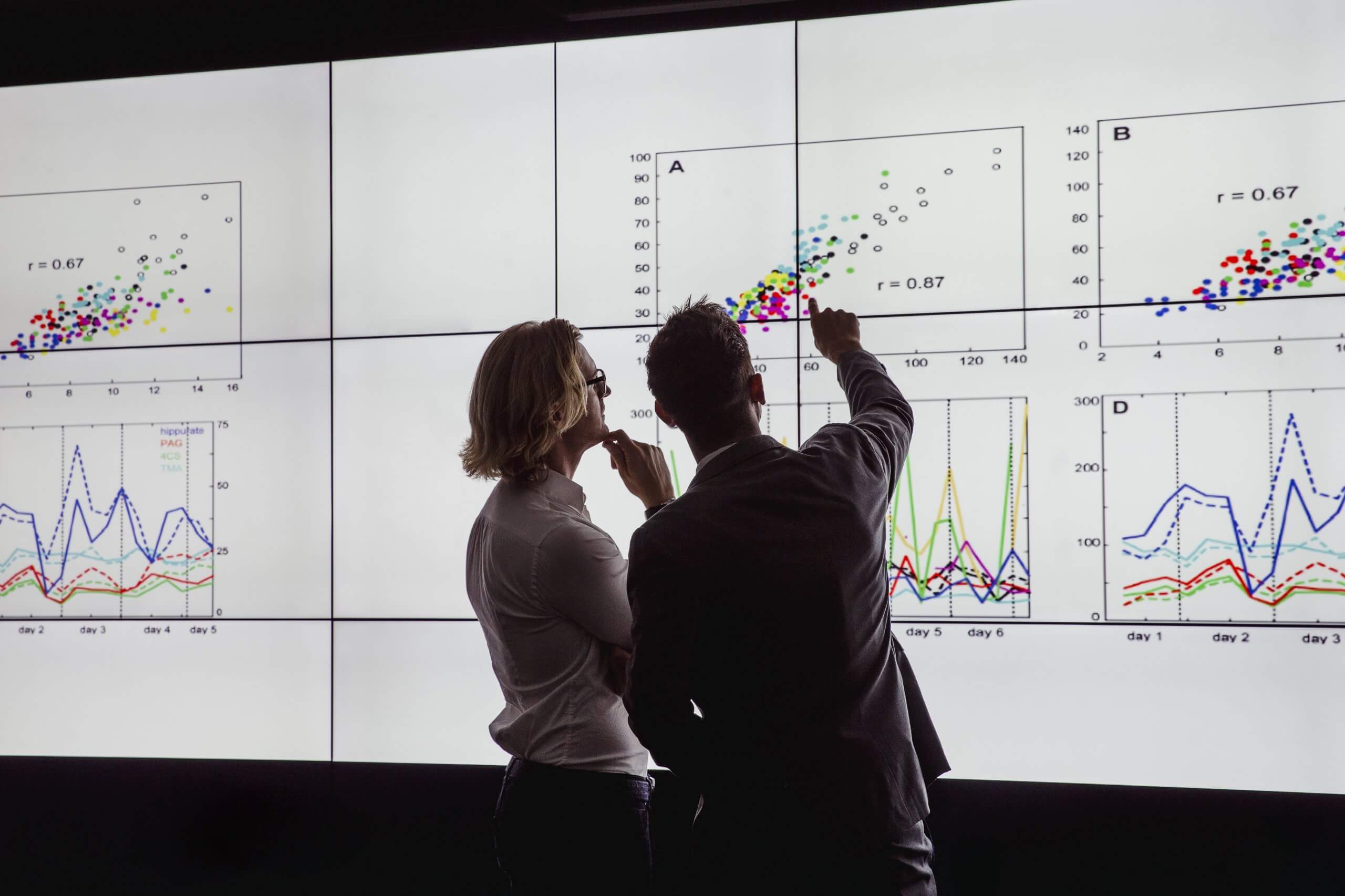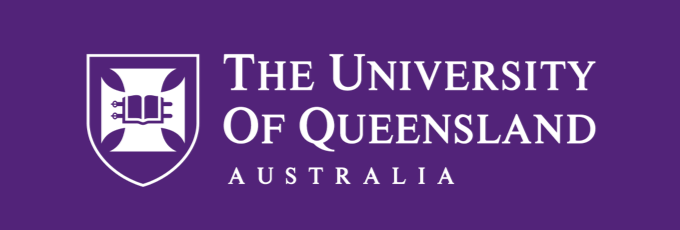The COVID-19 pandemic has proven to be a battle which can’t be fought in hospitals alone. Data scientists, bioinformaticians and biostatisticians are all lending their skills to help manage the pandemic, using big data to inform physical distancing strategies, contact tracing, ventilator distribution and vaccine development.
Collectively, this type of work falls within a field called quantitative biology – a broad term for the application of high level mathematical modelling to solve problems involving living organisms.
Such data expertise allows these scientists to model infection trends, predict mutation rates within the virus, determine required medical resources, and communicate complex information in an accessible way.
Professor Margaret Mayfield, co-creator of The University of Queensland’s (UQ) Master of Quantitative Biology, believes these skills will be essential in a range of emerging job markets.
“Quantitative biology uses large, complex data sets that require training beyond the standard that most biologists get these days,” Professor Mayfield said.
“UQ’s programme is the first of its kind in Australia, and came about in response to the urgent demand in biological fields for graduates with these high-level programming and analytical skills.”
She added:
“COVID-19 has exemplified this need – we are witnessing actual life or death situations that require rapid problem-solving, and the data are coming from all around the world at a rate that’s unmanageable without sophisticated computing skills.”
That’s why UQ provides students with a holistic take on information science, ensuring they become experts in reproducible research, open science, version control, data management, and science communication.
“Biologists need to learn mathematics, coding, and computer software if they want to thrive in this new big data era,” Professor Mayfield said.
When exploring the integration of data in biological sciences, there are various specialisations, with skills applicable to a specific element of the COVID-19 pandemic.
Bioinformaticians are examining the genome sequence and cell structure of the novel coronavirus, and working with epidemiologists to advise on infection rates and screening drugs for potential treatments. While biostatisticians are informing the public health response by mapping transmission and fatality rates.
Dr. Cheong Xin Chan, a lecturer in UQ’s suite of bioinformatics programmes, says biology is increasingly becoming an information science.

“I tell my students bioinformatics is about having the right mix of technical skills, technological knowledge and biological concepts to support, if not lead, the next data and information-driven wave in the biological sciences,” he said.
“Modern genome sequencing technologies have given us the ability to rapidly test thousands and millions of biological samples – which is invaluable when problem solving in the medical world.
On the possibilities of these developments, Dr. Chan said: “With the technology becoming more accurate and affordable, the industry has been able to find solutions at a pace previously unimaginable – what used to take decades can now be solved in a matter of months.
“Using these data, we can optimise strategies to address everything from the design of medications, through to the conservation of ecosystems.”
Data scientists aren’t just helping medical experts to understand the COVID-19 disease itself, they’re also using statistical modelling to better inform government policies and public health responses to the pandemic.
Mathematical frameworks like Safe Blues have been built in order to digitally replicate the real time spread of COVID-19 in the community using mobile devices. This allows scientists to “virtually” test different public health interventions, like social distancing, in order to predict their effectiveness.

Source: University of Queensland
Research programmes such as the ECMOCARD Study have enlisted the aid of data scientists to organise health information accumulated from over 200 hospitals worldwide, to accurately predict patient requirements and treatment outcomes.
Even members of the general public who jump online each morning to check the daily infection rate in their city are benefiting from the work of data experts, says Dr. Michael Waller from UQ’s biostatistics programmes.
“The work of biostatisticians is really important during a pandemic. We have specialist knowledge in the application of statistics within the field of health, allowing us to advise on the best ways to collect and analyse disease data,” he said.
Biostatisticians can identify infection clusters and high risk populations, calculate transmission and mortality rates, and assess things like “excess mortality,” which is the additional number of deaths above what we would have expected to see in “normal conditions”.
“Even once the COVID-19 pandemic is eventually over, we’ll still be using these data to inform policies to manage potential future pandemics,” Dr. Waller said.
The ways we can harness biological information is growing exponentially, and so is demand for interdisciplinary scientists with the required skills in mathematics, statistics, and biology to make sense of these data.
The range of data-based programmes offered by UQ ensures their graduates have the tools to use big data for evidence-based decision making, to solve local and global challenges in the field of public health and beyond.
For more information about studying a Master of Quantitative Biology, Master of Data Science, Master of Bioinformatics or Master of Biostatistics at The University of Queensland, visit the UQ Future Students page.
CRICOS Code 00025B
Follow UQ on Facebook, Twitter, Instagram, YouTube, LinkedIn











